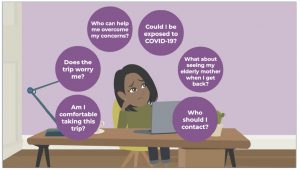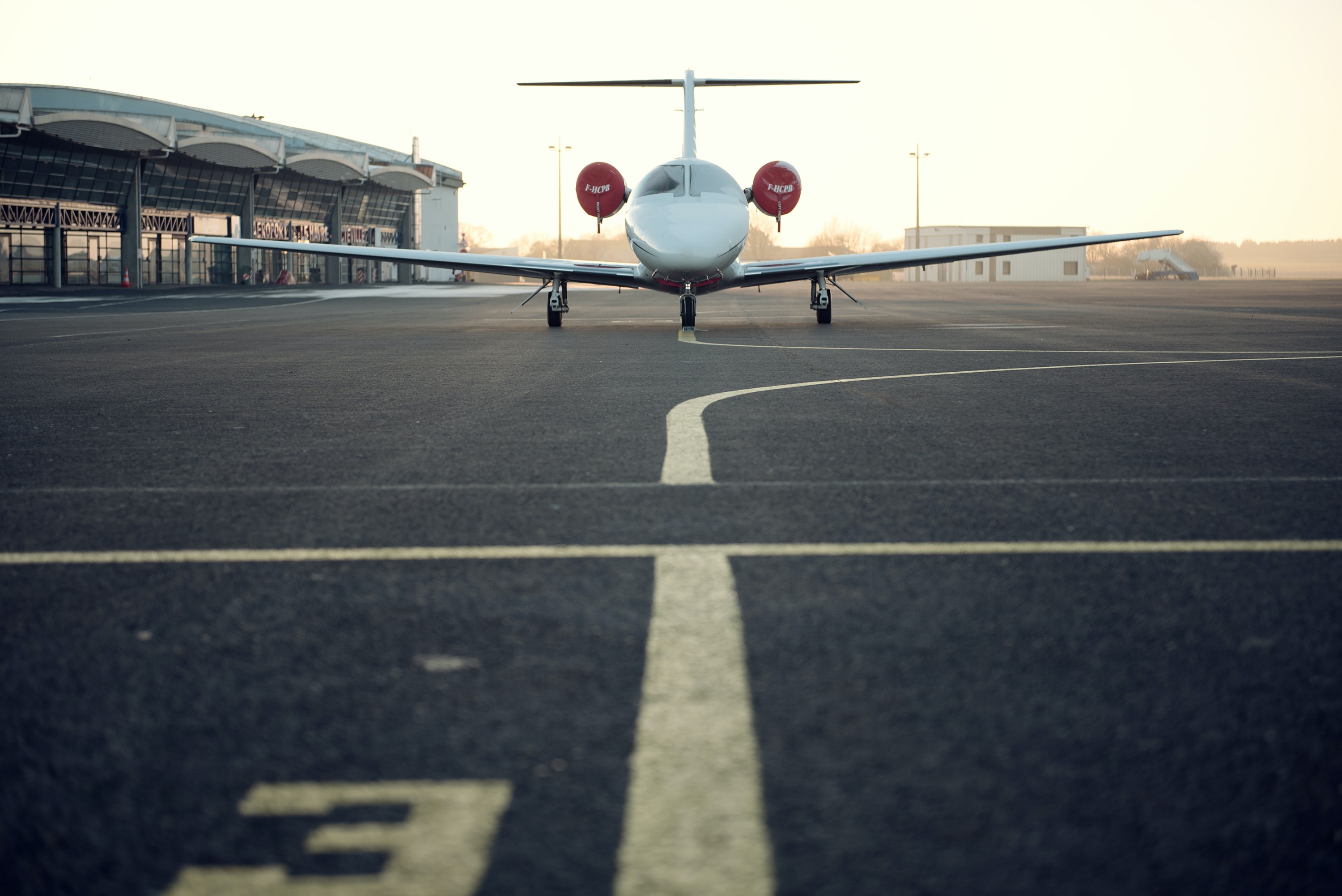
The world is on lock-down, there’s a global travel ban. Business travellers are typically, by nature, very organised, planning ahead and maximising every minute of their time to ensure they squeeze every bit of value out of what precious time they have. Today we find ourselves living on our wits, with little control over our lives, things changing by the hour with no idea when life will return to ‘normal’ – if ever. Especially when it comes to travel after quarantine.
Post Pandemic Travel
There’s an expectation of course that we will get back to business travel but who wants to be the first out of the trap, the human guinea pigs. What if, during travel after quarantine, we were taken ill in a different country where the medical facilities weren’t as good as our own? What if there’s a second wave, a resurgence of COVID-19? This is a word that dominates our lives, our thoughts and many of our fears.
“Having been at home so much, a lot of people have begun to enjoy the simple pleasures in life, such as time with family, less travel fatigue, a walk, speaking with neighbours”, says Dr Lucy Rattrie, business travel wellness psychologist and director at Creating Sona. “I expect people will want to hang on to that feeling of psychological safety that’s come with community, as it’s brought so much comfort and hope. The impact on health of being asked to travel again will be mixed.”
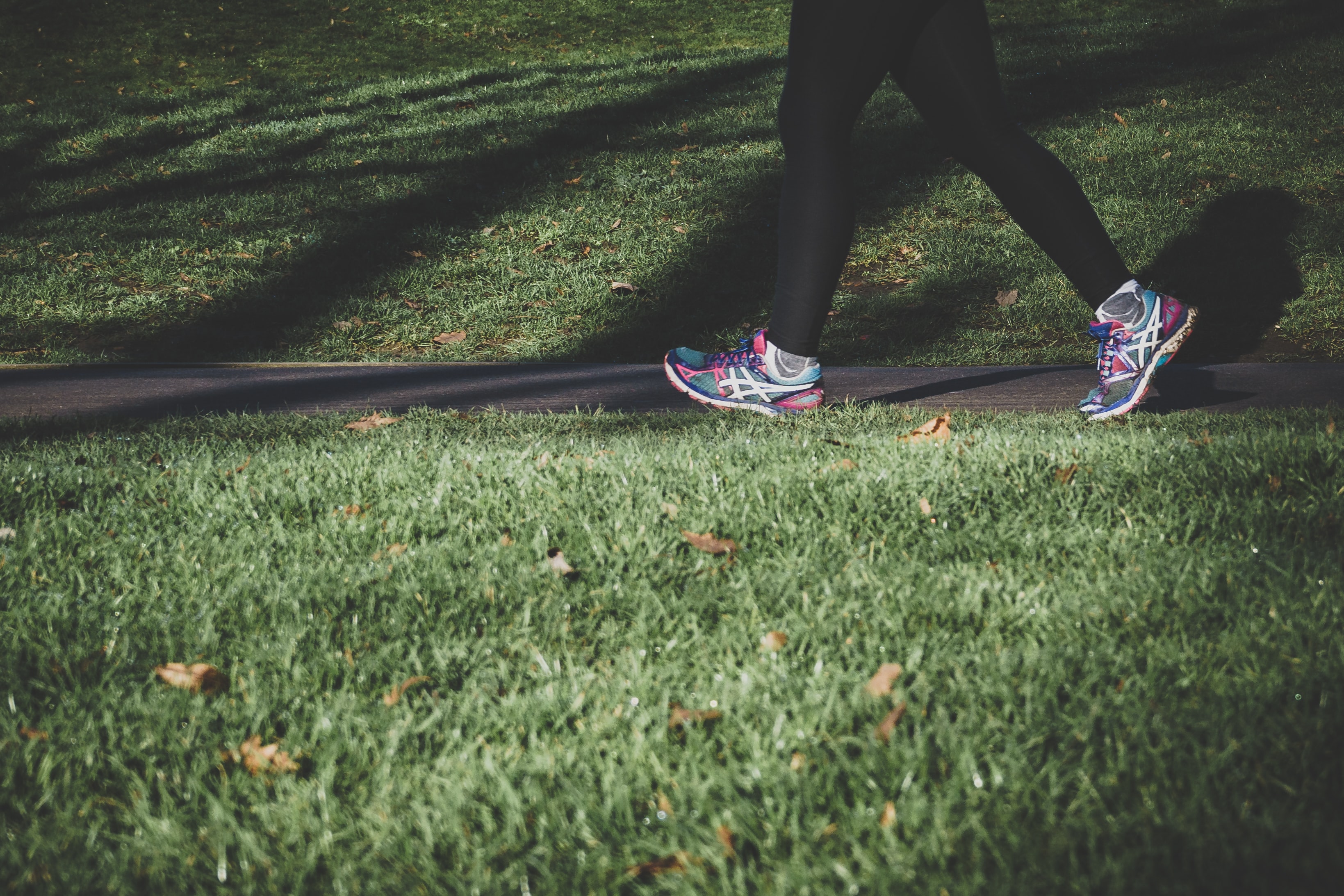
“On the one hand, people will be craving to explore a different destination, get out, connect with people and the world as a method of satisfying an internal desire to break free from monotony or worry that has been felt at home and to bring a feeling that life is resuming in a way that’s familiar. Yet, at the same time, people will likely be apprehensive and concerned, travelling with a lot more self-care, looking after themselves physically, emotionally, spiritually and mentally. They will want to know they are able to stay healthy and safe when travelling, with security around protecting their health, support and ability to maintain their new found wellbeing (for those that enjoyed having more sleep, time with family, nutritious food, meditation, daily walks and online exercise classes) and psychological security that if there is another wave, they are returned home safely.”
“This need for psychological safety and to protect their wellbeing will be more amplified for the first wave of travellers” says Lucy.
How Should we Approach Travel After Quarantine
So how will governments steer us through these unprecedented times and are we likely to see a second wave? According to Dr Jonathan O’Keeffe Corporate Medical Director, London Health Systems Ltd. “Governments around the world are balancing the health care system capabilities with the increased demand from COVID-19 cases. The basic principal is to ‘buy time’ and develop population immunity either through very controlled gradual exposure of lower risk groups who will develop antibodies or through the eventual development of a vaccine. Buying time also gives us the opportunity to study the virus, work on treatments and study the effects of existing potential medications”.
“Governments will need to turn on and off the tap to allow a resumption of somewhat normal societal and commercial life. Experts are optimistic to date that once a person has had the virus the person becomes immune to reinfection. This would allow people who have been infected to return to work, care for others and to resume most activity. Unfortunately, we cannot be 100% confident at this early stage that immunity will be lifelong. It may be partial or weaken over time and although today there is almost no evidence of possible reinfection, we should keep in mind that we are learning as we go.
When the governments decide to open the tap a little, we will see a resurgence, however we will likely be prepared for this with armies of public health teams responding to local outbreaks with isolation, treatment and contract tracing procedures. It is likely the new normal situation will see more longstanding travel risk mitigation adopted. Questionnaires and fever screening will be the norm for a time. One additional health risk to be aware of, especially for those who undertake work related travel is health system strain or collapse. If a country does not turn the tap on and off in a sufficiently controlled manner, people who need care for all other reasons than COVID-19 may not be able to access the resources they depend on. It is important to monitor for a health system demand versus supply mismatch in all work locations to ensure this risk is not neglected”.
The question is, is hand washing and all the measures we have come to integrate into our daily lives sufficient for us to protect ourselves? Jonathan advises, “I cannot stress how important it is to continue to adhere to the non-pharmaceutical measures to combat COVID-19. Regular hand washing for 20 seconds kills this virus. Social distancing by a minimum of 2 metres or 6 feet prevents almost all spread between individuals. Staying at home when you have early symptoms (no matter how trivial they may seem) is vital to stopping the spread. Following government advice on social distancing is saving thousands of lives. We will prevail by adopting personal responsibility and collective changes to our behaviour.”
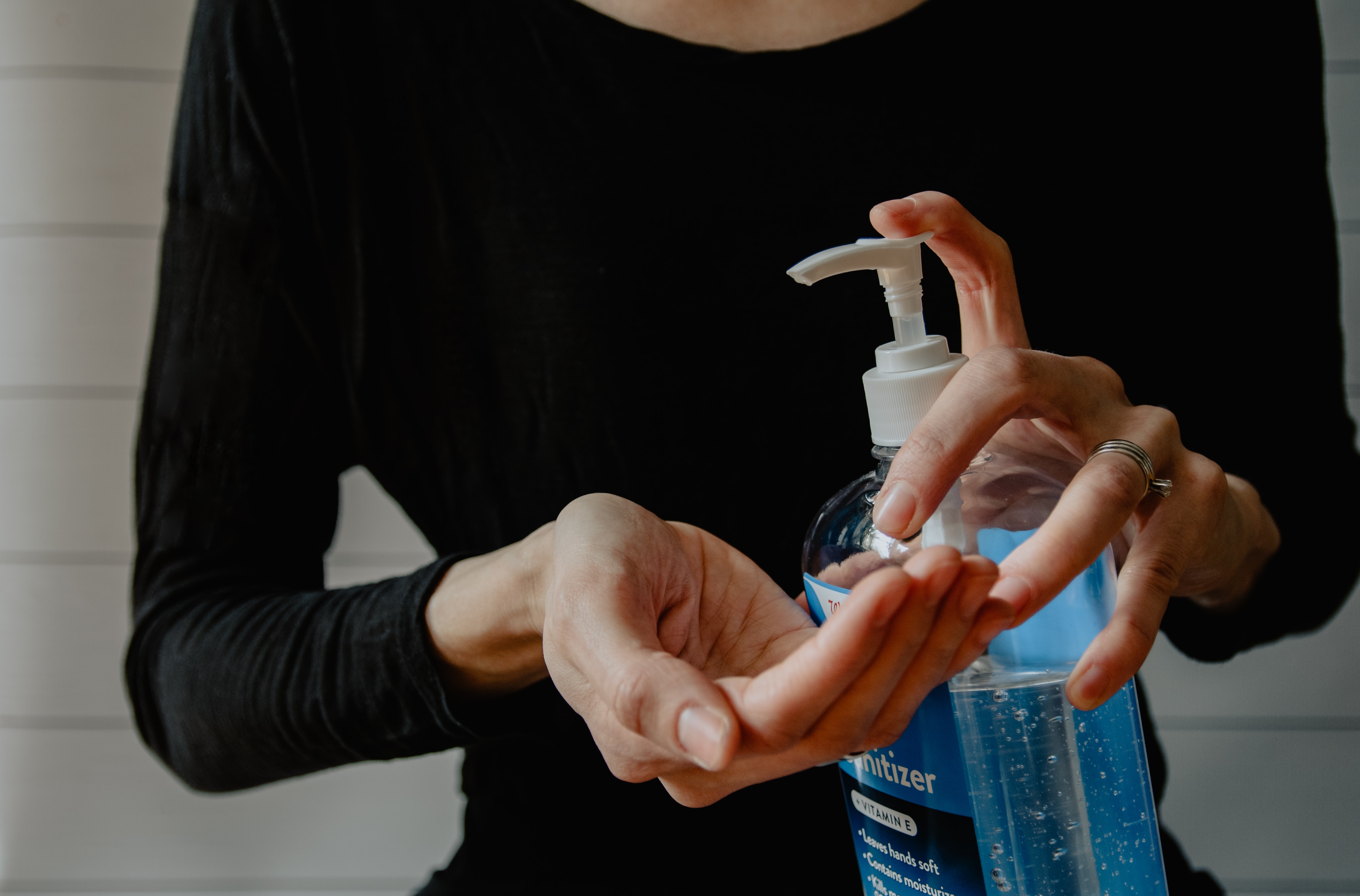
It’s clear therefore that things won’t just conveniently get back to ‘normal’ when it comes to daily life or travel after quarantine. Business travellers will have a completely different set of expectations, some will have faced deeply personal trauma and there will be an obligation for employers to respond to these from both a physical and mental perspective.
Jonathan recommends that “Employers adopt supportive and flexible policies with regard to working from home for the next few months. They should think hard about how essential or not face to face meetings are. Helping their people to connect, be flexible about start and finish times, providing people with supplementary financial and IT support to be successful in their roles where necessary. Employers should provide employees with advice on how to maintain their physical and mental health while working from home. Above all, we should be kind. We will all know a family member or a friend who becomes sick and sadly some of us will suffer the permanent loss of a person close to us. Give people time to grieve in their own way after a death. Compassion and understanding are the markers of a good employer and organisations who show both will find workers are both loyal and engaged and willing to go the extra mile in the long run.”
Lucy agrees, “Employers need to consider their moral and ethical responsibilities here. Perhaps the CEO and leaders should ask: what would I want, expect and hope for? what would I want when post-pandemic travel opens up? It’s important to remember: if an employee feels pushed to travel before they are ready (and worse, does travel because they feel there is no choice), the psychological contract, loyalty, happiness, or any positive emotion towards their employer will be destroyed and that is nearly impossible to get back. What would the consequences be? This is a time for those good CEOs and leaders to shine and consider psychological safety as well as physical safety, because business travellers now, are wanting both.
When it comes to travel after quarantine, travellers will unlikely put up with the same level of fatigue and stress, or physical demands as before, so their boundaries of acceptance will change, driven by upgraded self-care and a desire to stay healthy. The first few months are therefore critical as this is an opportunity to hit the reset button, form refreshed relationships and ways of doing things for the better. It’s really simple. There are four stages of travel: at home, which is your baseline; before; during; after. They can use this time to boost the baseline health, wellness and psychological safety as a method of hitting the reset button, being fully recovered, and prepared for take-off. Get things right now, with a wellness and psychological safety plan for when travel resumes. That can be achieved with support mechanisms of coaching, workshops, education, self-awareness and practice.”
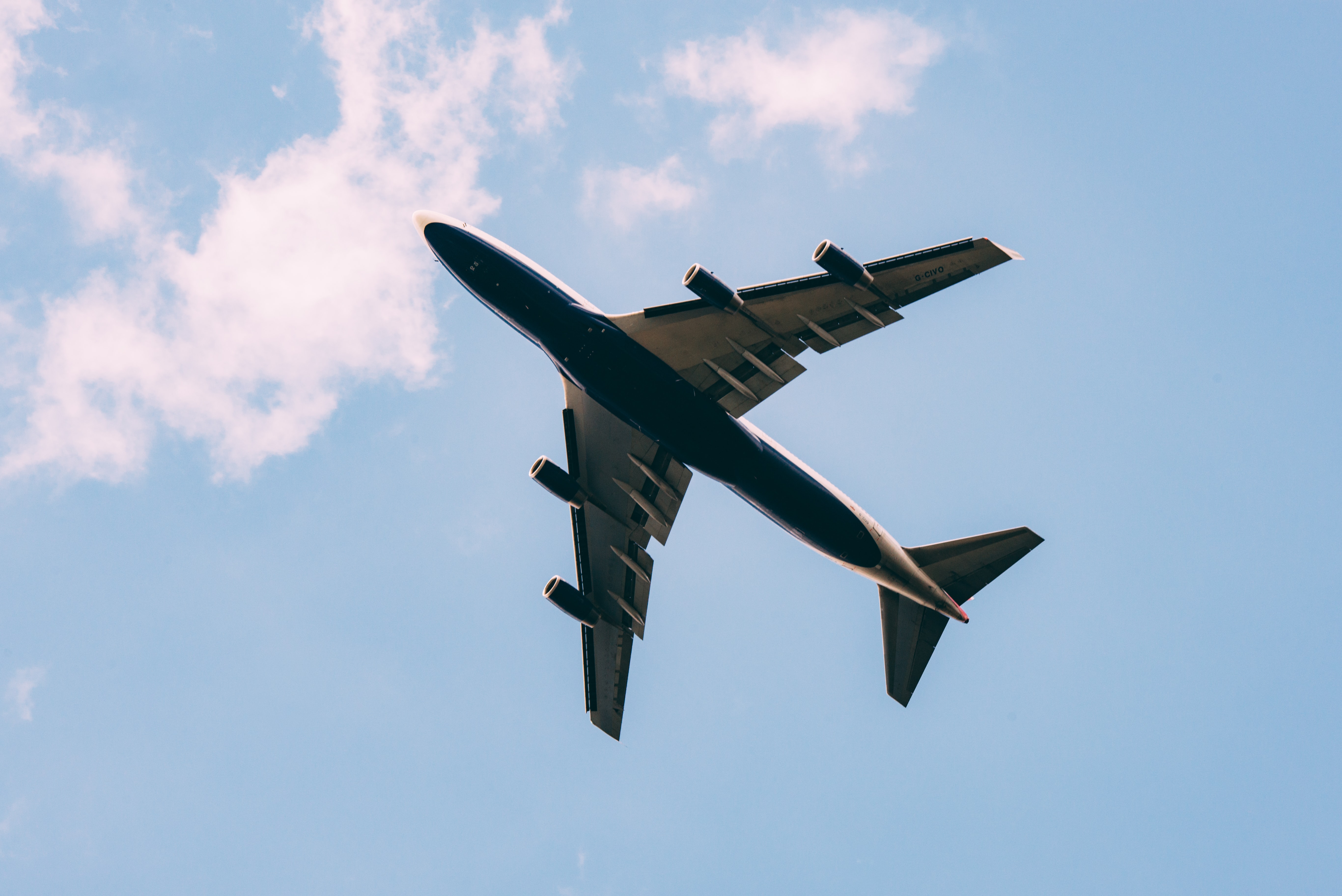
This period of downtime is giving us all time to reflect and those employers who will thrive and hang on to their best talent will be those who are already working on their post-pandemic strategies to support all of their staff whilst crafting new physical and mental support strategies for their business travellers.
COVID-19 Travel Safety eLearning
Request a demo of our new COVID-19 Traveller Safety eLearning and Managers Assistance Handbook.
For more help with supporting your business travellers, please explore our eLearning and travel safety courses.
